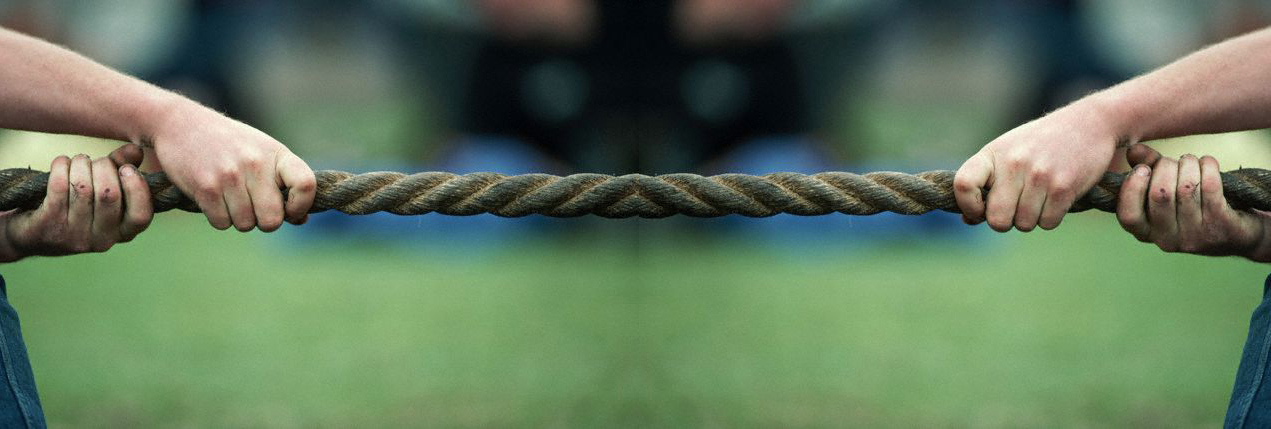Written by: Lenorae Atter, Attorney at Law
 In a Florida divorce, regardless of fault, the marital property, debts and assets are to be divided equally. Florida divorce requires that marital items be equitably distributed through the court if the parties cannot otherwise agree on the division of assets, debts, and the like, with few exceptions. The one thing that often can be left out when couples try to divorce on their own is the division of a business. Yes, in Florida, if you start and own a business during the marriage, then that is a marital asset (sometimes a liability) that should be divided by the parties. However, it also means that there is another party to your divorce, the actual business itself, because the business has an overall interest in the outcome of the case.
In a Florida divorce, regardless of fault, the marital property, debts and assets are to be divided equally. Florida divorce requires that marital items be equitably distributed through the court if the parties cannot otherwise agree on the division of assets, debts, and the like, with few exceptions. The one thing that often can be left out when couples try to divorce on their own is the division of a business. Yes, in Florida, if you start and own a business during the marriage, then that is a marital asset (sometimes a liability) that should be divided by the parties. However, it also means that there is another party to your divorce, the actual business itself, because the business has an overall interest in the outcome of the case.
For example Wanda and Hank have decided to divorce after twenty (20) years of marriage. About five (5) years into the marriage, Wanda started her own bakery, Wanda’s Treats, and it has been successful since it opened. Wanda is now more of a managing owner, than acting as lead baker so the business is self-running at this point in their marriage. Hank files for divorce and in his petition, requests that the business be equitably divided between him and Wanda. Normally, in filing for a divorce, the case will only list the parties as Hank and Wanda. However, since Hank wants part of the business, the business itself actually has a stake in the divorce and should actually be named as an additional party to the suit. When that occurs, Hank not only needs to serve Wanda with divorce papers, but also serve Wanda’s Treats’ registered agent, separately. Mathis v. Mathis, 2D11-298 (Fla. 2nd DCA June 15, 2012). By doing so, the business can actually have its own attorney as well to make certain that the business valuation is fair to the business and that any division is done to preserve the integrity of “Wanda’s Treats.”
 Jacksonville Divorce Lawyer Blog
Jacksonville Divorce Lawyer Blog


 In a Florida divorce, the parties often have a marital home that has to be
In a Florida divorce, the parties often have a marital home that has to be  A Florida divorce in today’s economy can be tricky given the financial circumstances in which many people find themselves. Though there is economic recovery, the fact remains that many people are still underwater when it comes to their homes or properties and
A Florida divorce in today’s economy can be tricky given the financial circumstances in which many people find themselves. Though there is economic recovery, the fact remains that many people are still underwater when it comes to their homes or properties and  Gambling debts, martial affairs, excessive drug use and the like can lead to a divorce in Florida. However, Florida is a no-fault state so these things do not really come into play when determining such things as alimony. As a Jacksonville divorce
Gambling debts, martial affairs, excessive drug use and the like can lead to a divorce in Florida. However, Florida is a no-fault state so these things do not really come into play when determining such things as alimony. As a Jacksonville divorce  When going through a divorce in Florida, it is often difficult to think about separating the things that have been accumulated during the marriage. As a Jacksonville
When going through a divorce in Florida, it is often difficult to think about separating the things that have been accumulated during the marriage. As a Jacksonville